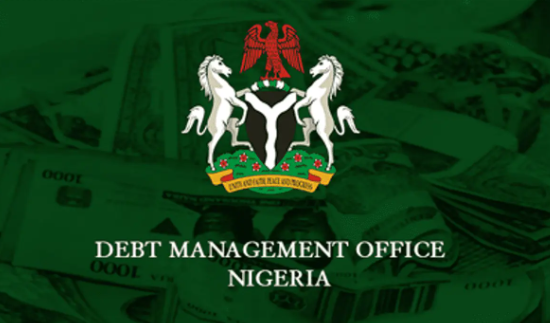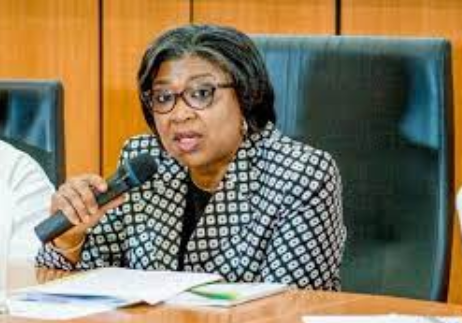By Joke Kujenya
NIGERIA’S TOTAL public debt has surged to ₦121.67 trillion ($91.46 billion) within the first quarter of 2024, the Debt Management Office (DMO) reported on Thursday.
This significant increase in debt is attributed to new domestic borrowing by the federal government aimed at addressing the deficit in the 2024 budget, along with disbursements from multilateral and bilateral lenders.
The breakdown of Nigeria’s debt profile reveals ₦65.65 trillion ($46.29 billion) in domestic debt and ₦56.02 trillion ($42.12 billion) in external debt.
The domestic debt component saw a notable rise from ₦59.12 trillion at the end of December 2023 to ₦65.65 trillion by March 31, 2024.
This spike is largely due to new borrowing intended to finance the 2024 budget deficit and the securitization of a portion of the ₦7.3 trillion Ways and Means Advances at the Central Bank of Nigeria.
Despite the ongoing borrowing, the DMO expressed optimism about the future, citing anticipated improvements in government revenue as a factor that will enhance debt sustainability.
In recent months, Nigeria has secured substantial financial support from the World Bank. On June 13, Wale Edun, the Minister of Finance and Coordinating Minister of the Economy, announced the approval of two major financial support packages valued at $2.25 billion.

Additionally, in May, the Bureau of Public Enterprises (BPE) confirmed a $500 million World Bank loan aimed at boosting electricity distribution across the country. Prior to these, the federal government received $750 million for humanitarian and social reforms and $1.5 billion for its economic stabilization plan.
The increase in Nigeria’s debt, which rose by ₦24.33 trillion from ₦97.34 trillion ($108.23 billion) in December 2023 to ₦121.67 trillion ($91.46 billion) by March 2024, highlights the growing fiscal challenges the country faces.
This debt encompasses both federal and state-level borrowings, including those by the Federal Capital Territory (FCT).
President Bola Tinubu has indicated plans to present a 2024 Supplementary Budget to the National Assembly (NASS) following the approval of the ₦28.7 trillion 2024 Appropriation Bill, which he signed into law on January 1, 2024.
This budget, dubbed the ‘Budget of Renewed Hope,’ includes provisions for an oil price benchmark of $77.96 per barrel and a daily oil production estimate of 1.78 million barrels per day.





